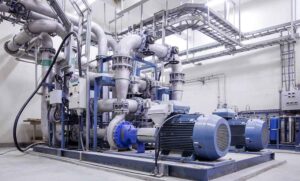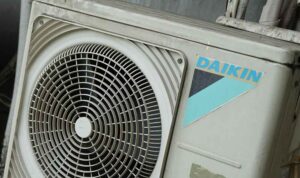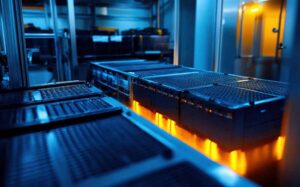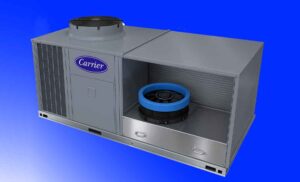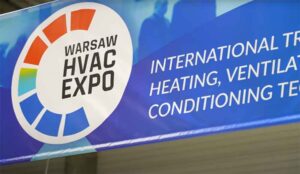Refrigeration the answer to CO2 capture?
24th February 2014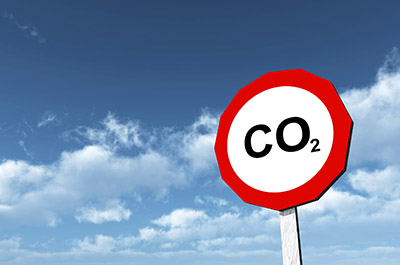 NORWAY: The use of refrigeration technology is now being considered as means to capture CO2 from large power stations and industrial plants.
NORWAY: The use of refrigeration technology is now being considered as means to capture CO2 from large power stations and industrial plants.
Current methods employ chemicals or advanced materials to extract CO2 from flue-gases but now research carried out by SINTEF, a Trondheim-based independent research company, suggests that refrigeration might provide a cheaper alternative.
While previous work concluded that employing refrigeration technology would be more expensive, calculations performed by SINTEF found that, in many cases, this method is cheaper and less energy-intensive than competing capture methods.
Most current capture technologies separate CO2 as a gas and it has usually been regarded as most cost-effective and energy-efficient to send gaseous CO2 capture to its storage site by pipeline. However, laying pipelines takes time and planning. By capturing CO2 as a chilled liquid it could be sent to storage by ship immediately while pipelines are still on-going.
SINTEF research scientist Kristin Jordal maintains that it would be quite possible to design cold capture processes in such a way that they could relatively easily be modified in the future; from delivering liquid CO2 for shipping, to supplying it as a gas at the high pressure needed to transport it by pipeline.
SINTEF says that this is good news for everyone who hopes that Europe will soon start to implement carbon capture and storage (CCS).
The scientists estimate that cold technology could cut the energy consumption and cost of CO2 capture by as much as 30% in one of the “green” coal-fired power stations currently being considered. The SINTEF scientists believe that the method will also be suitable for capturing CO2 when hydrogen is separated out of natural gas, as well as in cement, iron and steel production.
“We started to do these calculations out of sheer curiosity in the course of the European Union project DECARBit,” said Kristin Jordal.
“Many people doubted whether refrigeration technology would save energy and costs in this context, but we were able to show that there are a number of important potential improvements to be made in the process. That said, cold CO2 capture turned out to be one of the most promising technologies,” says Jordal, although she emphasised that more research is needed before the answers can be regarded as final.
SINTEF’s analyses were restricted to a single application of “green” electricity generation based on coal gasification. This involves turning coal into an energy-rich gas from which CO2 must be removed before it is sent to a power station for combustion.
However, the scientists who performed the calculations also envisage other potential applications. Among other possibilities, they believe that a combination of cold CO2 capture and membrane technology would be suitable for the production of highly purified hydrogen from natural gas or coal.
In combination with membranes that raise the CO2 concentration in exhaust gases, the technology might also be suitable as a means of capturing CO2 from flue-gases in coal-fired power stations, cement factories and iron- and steelworks, say the SINTEF scientists.


